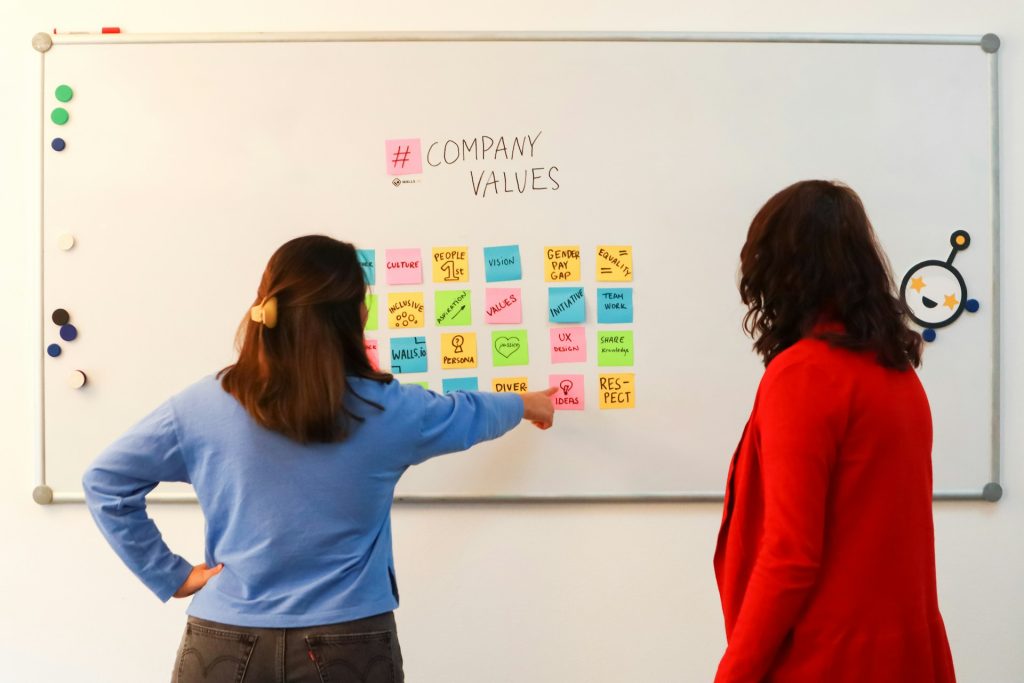Learning the company’s values
Avi was excited to begin his role as a project manager at The Family Java. During his job interview, He asked questions about the organization’s culture and was told about the company’s people-first approach. Avi’s previous company prioritized profitability over teamwork and mentorship. While his previous company was very successful, it was difficult for Avi to engage meaningfully in his work because the culture focused on financial results rather than their employees’ job satisfaction. Avi felt that The Family Java’s approach better aligned with his values.
Clarifying the company’s expectations
Avi’s manager at The Family Java said his role would substantially emphasize team building and keeping morale high. When he began, Avi asked his manager to clarify the time investment expected by the company to accomplish team- and morale-building goals. He also asked for suggestions and guidance based on what had been done at the company. Suppose Avi had made incorrect assumptions about the company’s culture and tried to manage projects with his previous company’s culture in mind. In that case, he might have emphasized speed over collaboration and communication. Avi now knew that he would need to carefully balance expectations related to The Family Java’s culture with the project workload to meet project timelines and achieve the desired outcome.
Applying organizational culture to a project
Before beginning his first project, Avi planned a team lunch to get to know everyone at The Family Java. Then, he scheduled one-on-one meetings with his team members to learn more about their working style and professional goals. He also asked how he could help support and remove any barriers for them. One of Avi’s team members, Miguel, said that he needed to start his workday early because he picked his children up from school at 3:00. After hearing this, Avi avoided scheduling team meetings in the late afternoon. Another team member, Elisa, told Avi that she preferred face-to-face or phone conversations to email since she communicated better verbally. When Avi needed to discuss something with Elisa, he made sure that he talked with her in person as much as possible. Avi regularly checked in with all his team members as the project progressed. He also scheduled weekly “Coffee Chats” with his team since he had learned this was a company tradition. Avi’s efforts to align his project management style to The Family Java’s organizational culture were noticed by executives and stakeholders, and he was given a lot of support in getting the resources he needed.
Key takeaway
Each organization’s culture will be different and can change over time. Like Avi, it is worth your time as a project manager to learn about your company’s culture because it directly relates to your projects’ success

